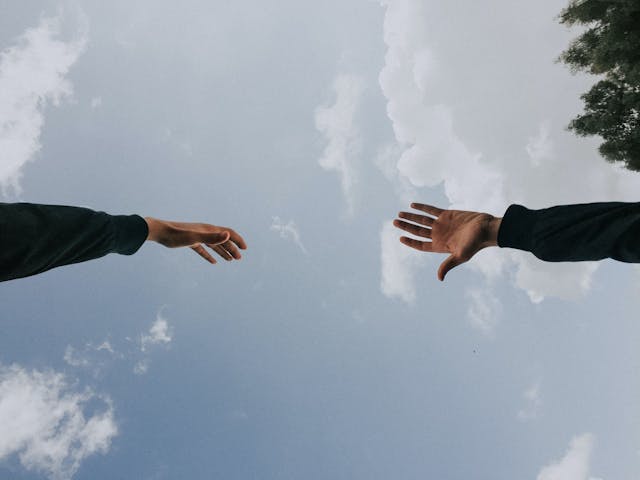The Dieschburg case. Too similar to consider plagiarism?

Back in the summer, a scandal erupted in Luxembourg when Singaporean photographer Jingna Zhang accused artist Jeff Dieschburg of plagiarism. According to her, the Luxembourger copied her photograph exactly, presented them at the Biennale, and then also won a prize of 1500 euros for them.
However, on Wednesday, December 7, the court ruled in favor of the artist, arguing that the pose in the photo is not original enough. Therefore, this cannot fall under copyright protection. As the artist’s lawyers celebrate victory, the Singaporean photographer notes that the decision «sets a dangerous precedent». According to her, such logic opens the way for plagiarism of any portrait, because they do not have original poses.
Jingna Zhang has already reacted to what happened. Here’s what she tweets about the situation:
«I have never experienced anything like this in other countries when dealing with violations of my work in the past. I’m curious if this is a unique take on copyright law in Luxembourg. Worst of all, the consequences not only affect my own work, but also set a dangerous precedent that extends to ALL photographers and artists whose portraits are now at risk of losing copyright protection. This decision effectively allows any citizen of Luxembourg to freely exploit, sell, license and use my work without permission or respect for my rights, despite recognizing me as the owner of the copyright. It simply goes against the very principles of copyright law. The fact that my work has been copied countless times by others is a testament to its originality and style, including this particular case, when the infringer used it to create an award-winning painting, exhibited and sold for 6500 euros. I am devastated by today’s copyright ruling which says that my work lacks originality and therefore will not receive copyright protection».
Whether there is a sense of similarity to the point of confusion or not, and whether this is enough to be considered plagiarism in Luxembourg, will be clarified when the appeal for this case starts.





